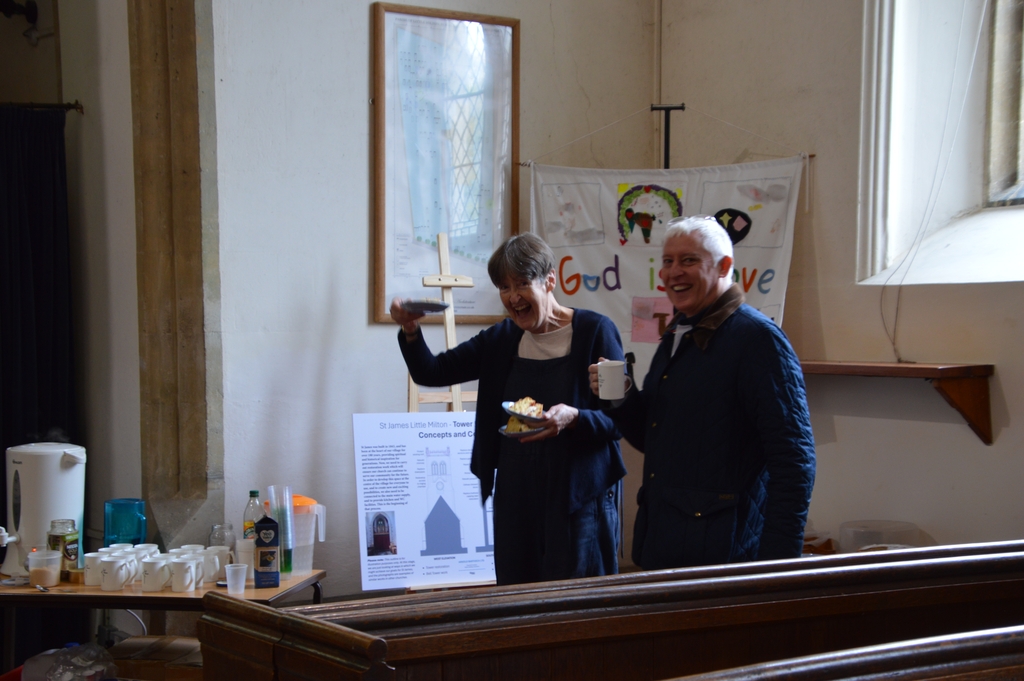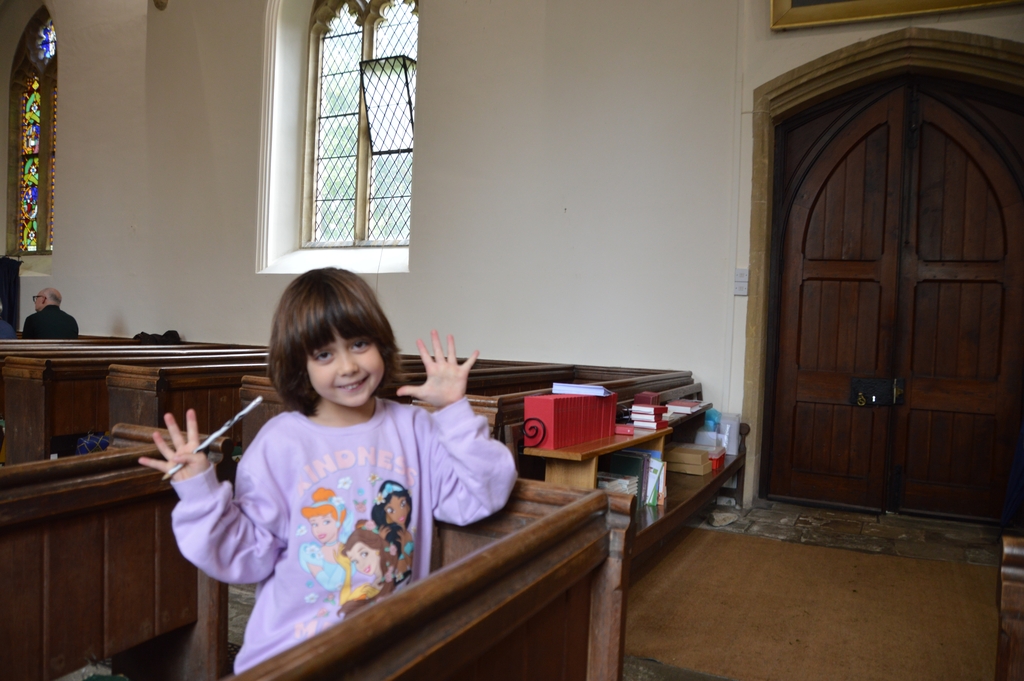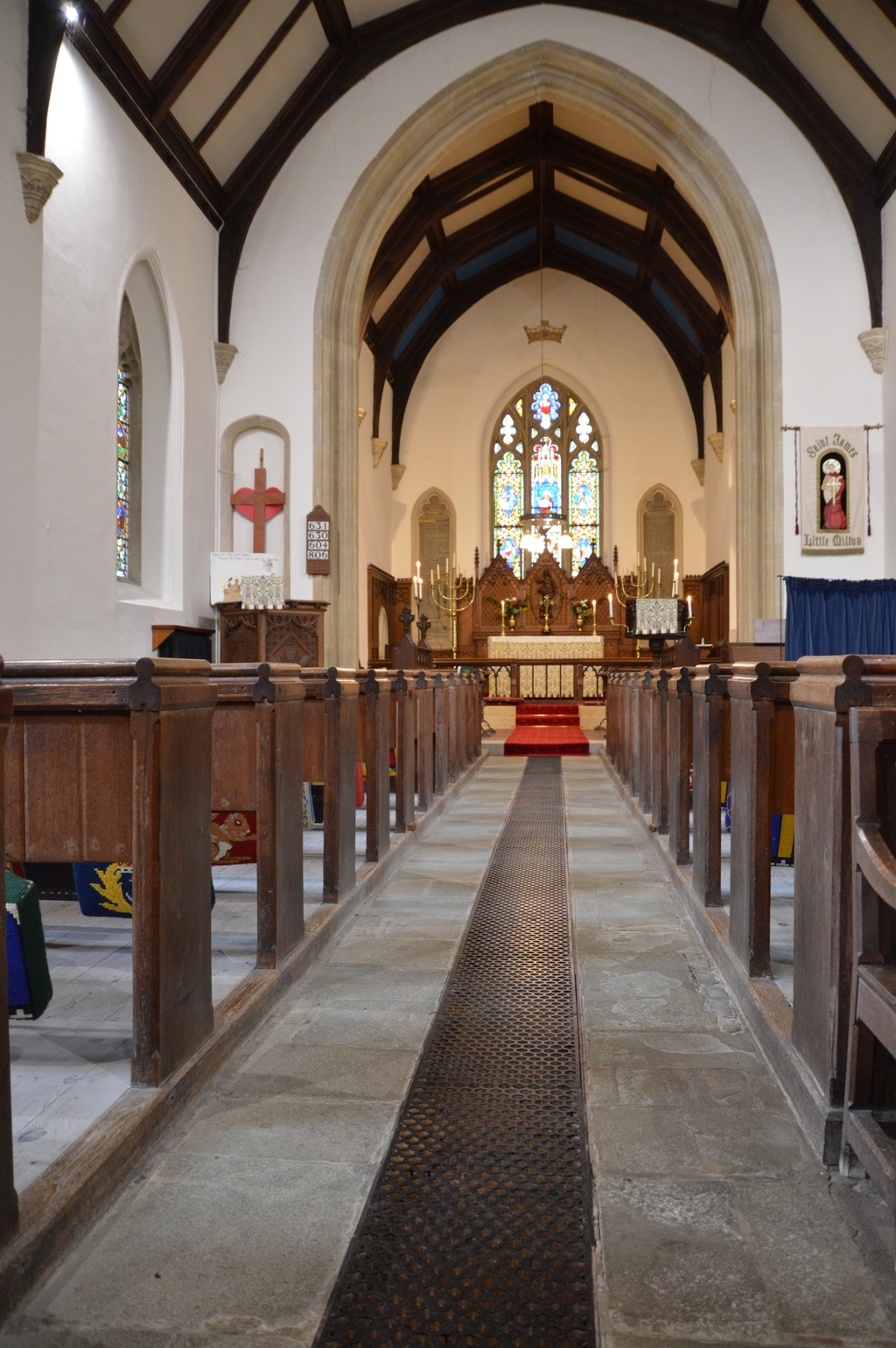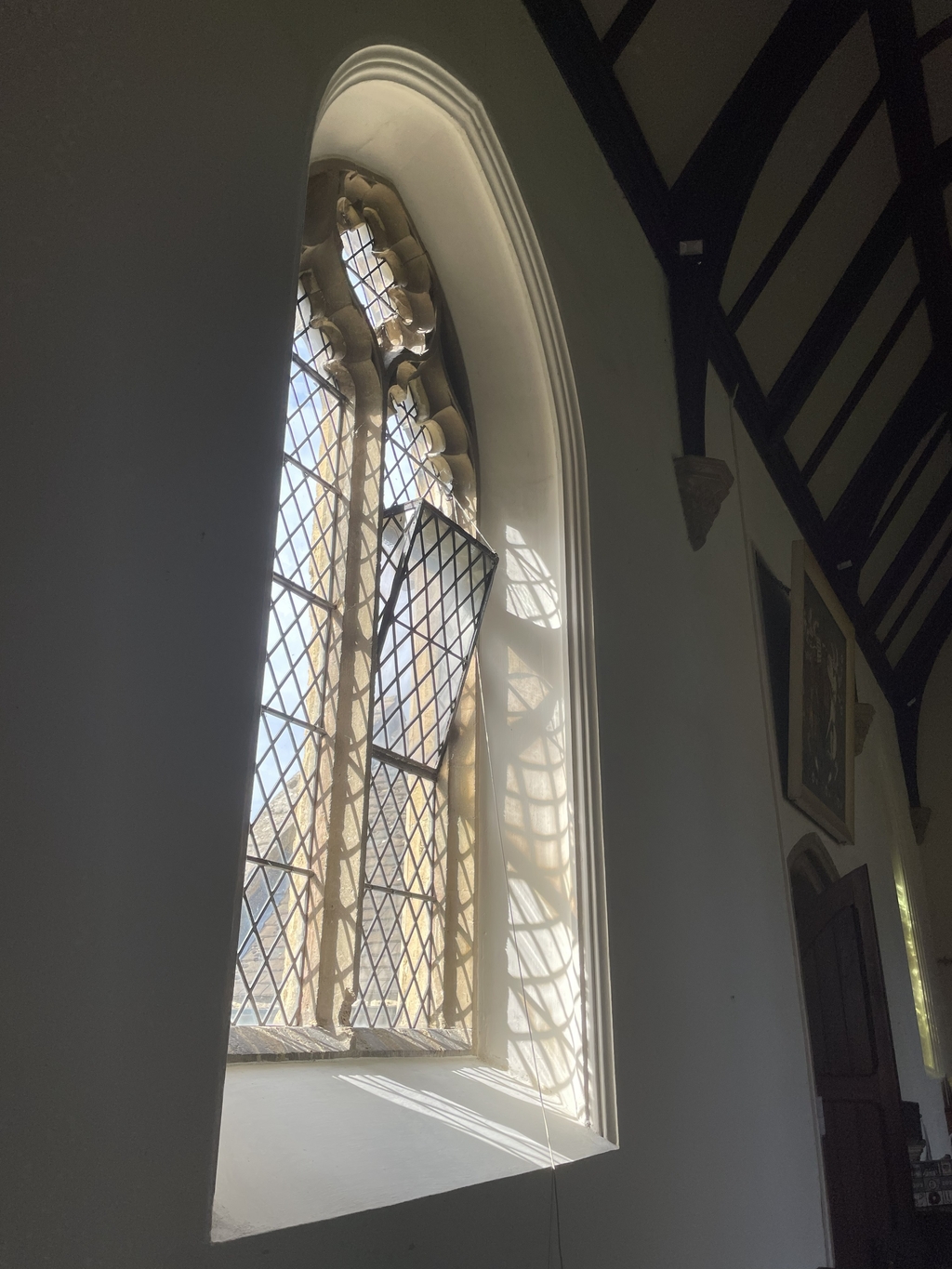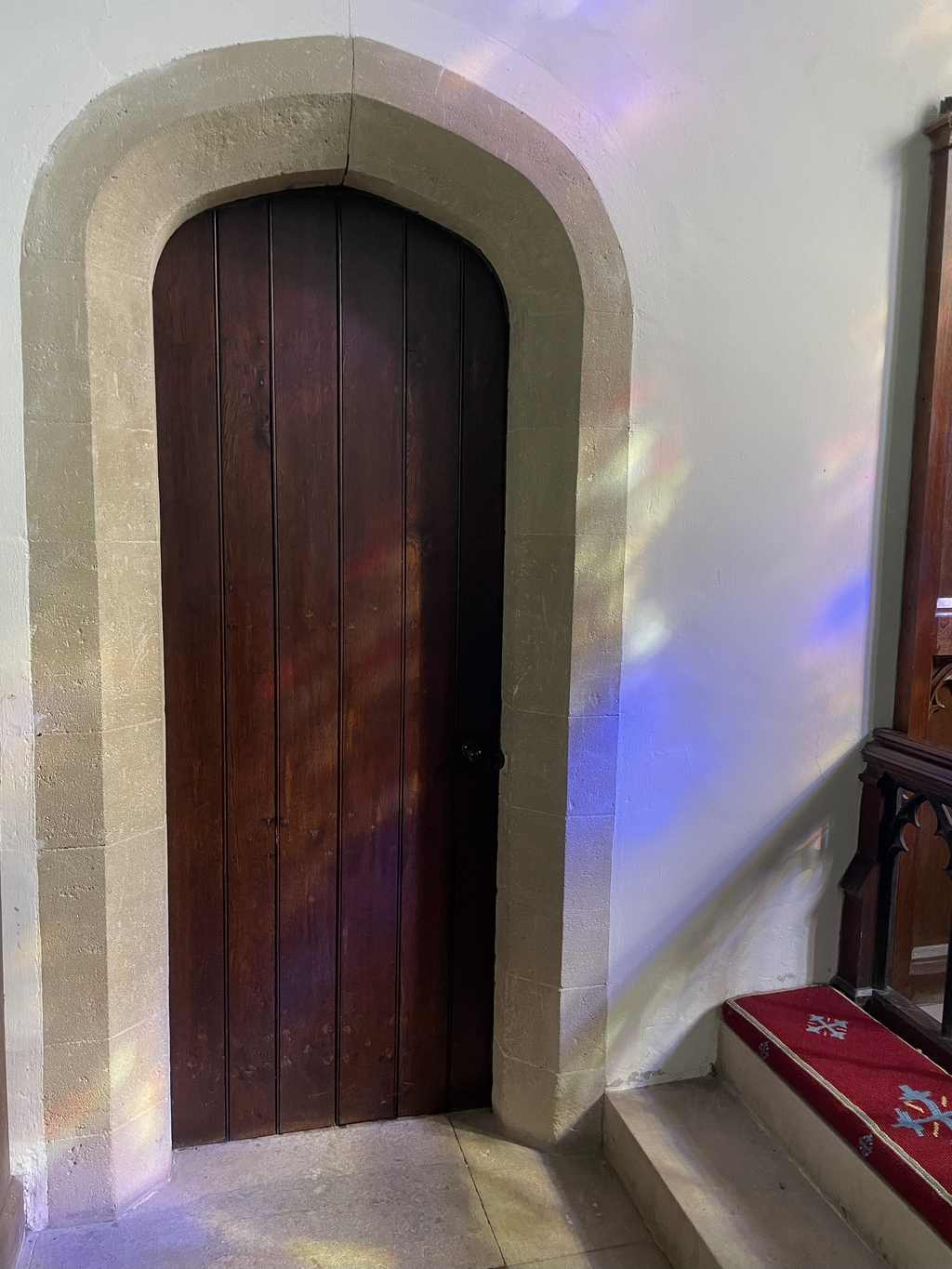Food For Thought
“Amidst a constant stream of horrendous, heartbreaking news,” said the veteran conductor Daniel Barenboim this summer, “our recent tour with the West-Eastern Divan Orchestra has been a welcome antidote. For two weeks, musicians from Israel, Palestine and different Arab countries have sat side by side. They engaged in spirited debate, and they made music together, in some of the world’s leading festivals. I am so proud of their perseverance in coming together, making music together, and really seeing and accepting the other.” The West-Eastern Divan Orchestra was founded in 1991 for musicians from across the Middle East, especially Palestinians and Israelis, to come together and find common ground through music. It takes its name from a famous collection of poetry by the eighteenth-century German writer Goethe. From the outset, the orchestra’s musicians have remained committed to dialogue and nonviolence, even in the most difficult moments of conflict.
Here is part of a recent post on the orchestra’s website: “Over the past two years, the violence between Israel and Palestine has deepened wounds that were already profound. For many of us, this is not only a political crisis but a deeply human one. As we move through this shared grief and trauma, we must resist the impulse to cancel or erase one another’s pain and history. Instead, we seek a way forward that honours complexity, and where listening becomes an act of recognition rather than denial. Within this shared grief, we reaffirm our commitment to the vision of our founders, that music could hold differences without denying them, and that dialogue itself can be a form of courage.
” Peace making is not a soft option. It takes courage, determination, and self-sacrifice. And courage, as I was reading in my Bible-study notes recently, is not the absence of fear, but fear that has said its prayers. Jesus Christ said: “Blessed are the peacemakers.” Jesus is known as the Prince of Peace. The short letter of St James (the brother of Jesus) also deals with peace making. James speaks of wrong wisdom and right wisdom. The wrong kind stirs up disorder and ultimately war; the right kind brings peace. Peaceable wisdom brings forth a “harvest of righteousness”, or of justice.
Peacemakers, for James, are active promoters of justice and righteousness, not domineering but ready to listen and get their hands dirty. The members of the WestEastern Divan Orchestra are peacemakers, not trying to impose simple solutions, but listening, affirming each other’s story and trauma, and working together despite everything. Music of course can help enormously, not to deny stories which can only be told in words, but to provide a common language without words. We can all think of other peacemakers in our society, who may sometimes nevertheless need to use force to defeat disruptive and dangerous elements.
Whatever our personal beliefs, let us give thanks for peacemakers, and pray for those who are constantly working to achieve peace and justice for us all. May you all know the blessedness of peace this Christmas.
Toby Garfitt – Lay Minister





